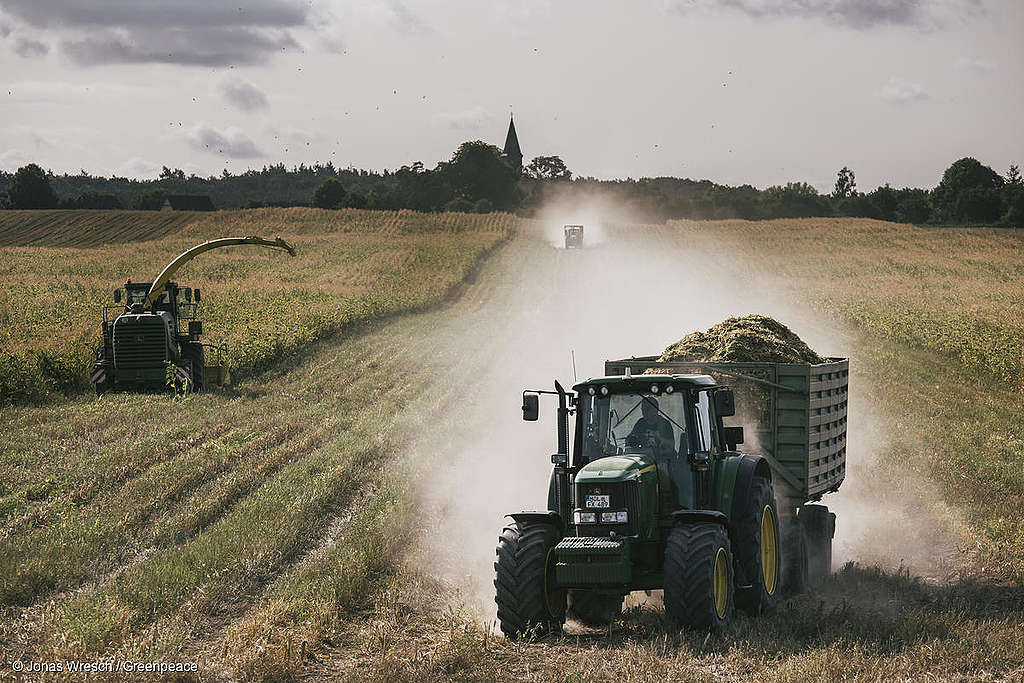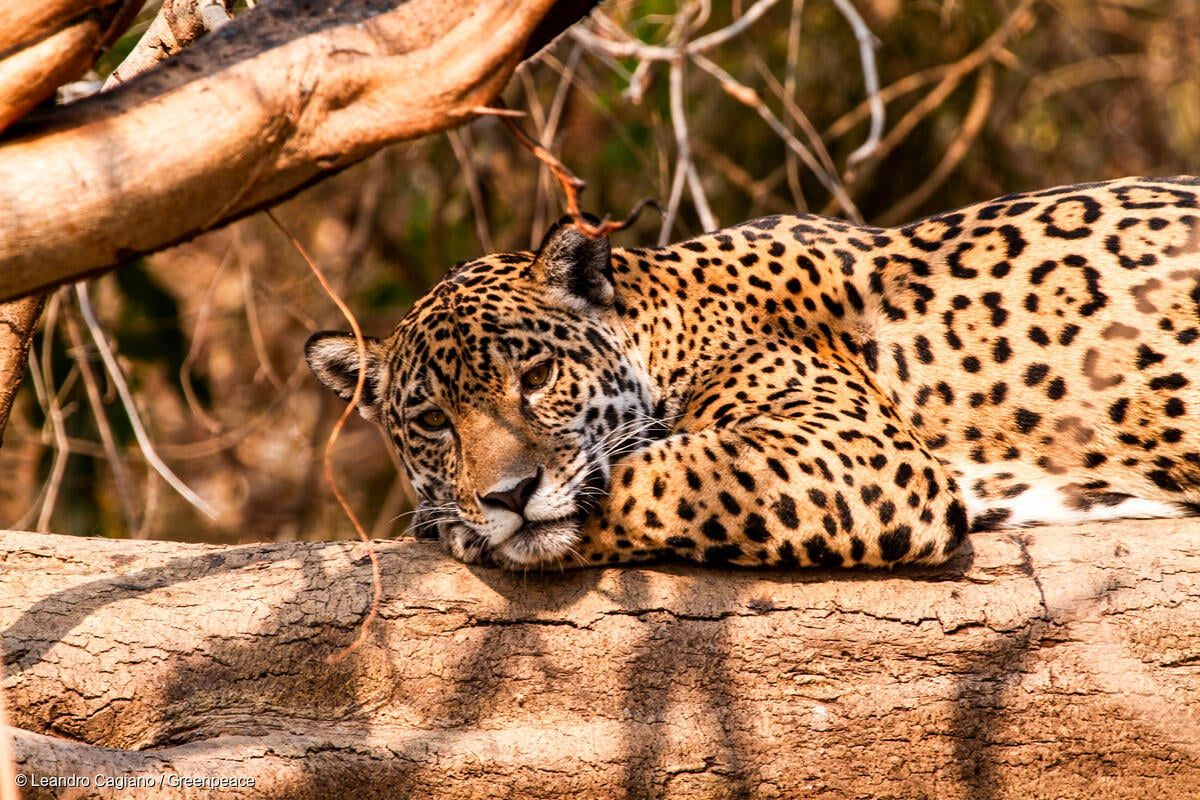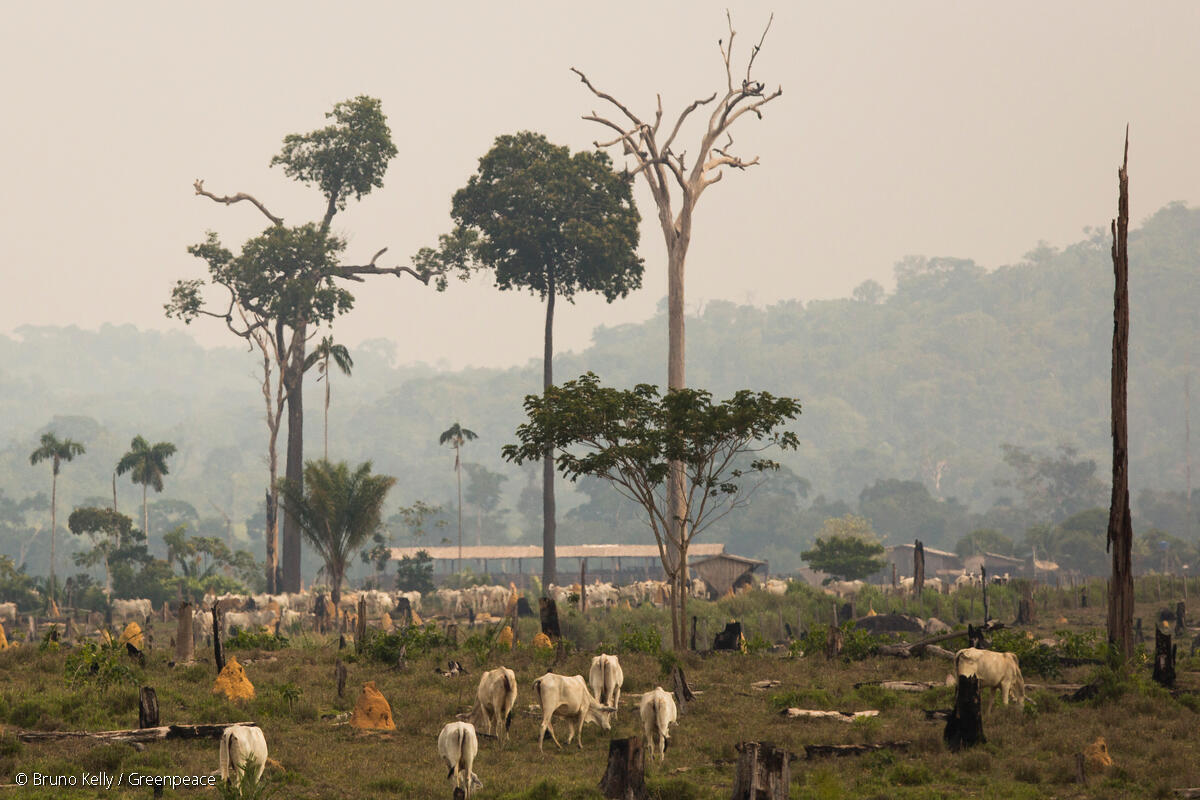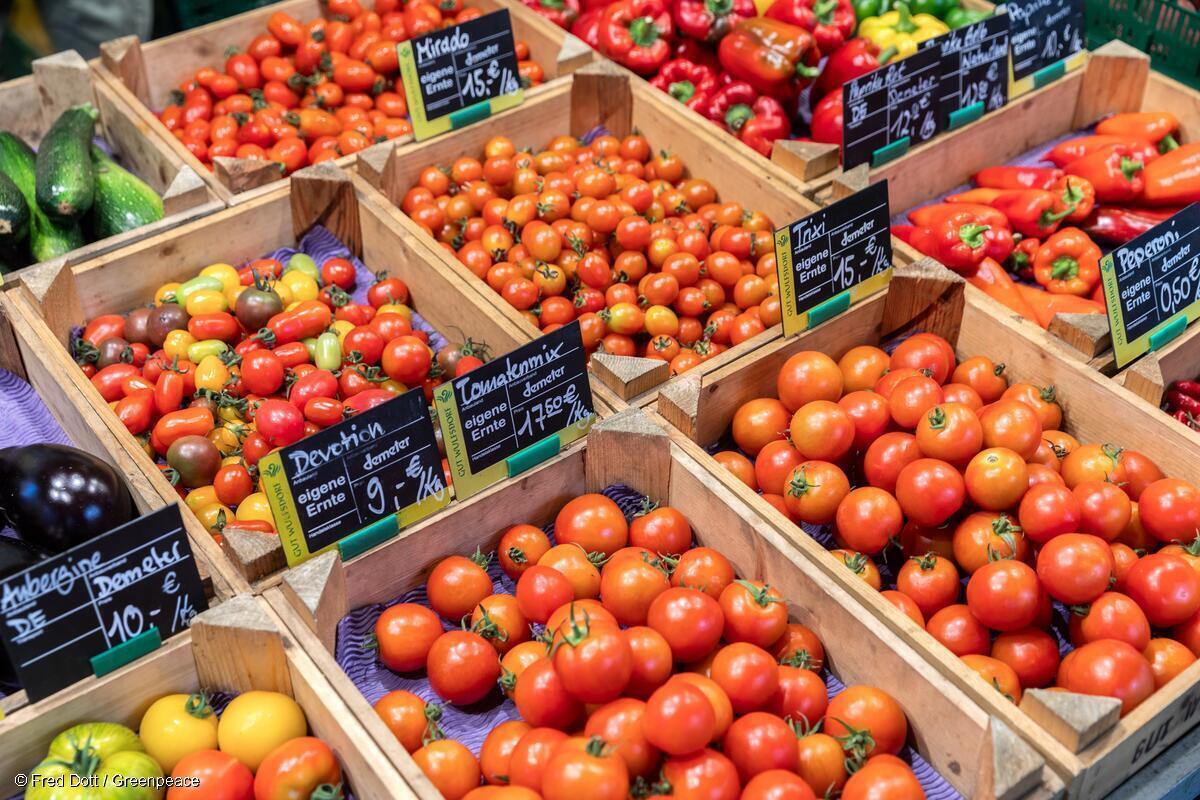Since the latest update to the EU’s common agricultural policy was proposed in 2018, it has dragged through the EU’s institutions, and has harvested some serious criticism. But how, in the face of near-universal bad reviews, has the CAP trundled along practically unchanged?
The Court of Auditors, the EU’s financial watchdog, called the new EU farming policy ineffective and insufficient. Over 3,600 scientists explained how the current proposal is an environmental disaster, and the European Parliament’s own studies concluded the CAP was completely out of line with the EU’s green agenda. When it became apparent that all efforts had failed to build an EU farm policy that would work with nature, environmentalists called on the European Commission to #WithdrawTheCAP and start from scratch.

The negotiations between the EU Commission, EU Parliament and national governments are expected to finally draw to a close this month, with the CAP fundamentally unreformed. How, when we face twin ecological and climate crises, can the EU continue to spend tens of billions of euro on such a destructive model of farming?
The EU’s common agricultural policy is huge, accounting for a third of the EU’s budget every year. Roughly two thirds of the CAP money is allocated as “direct payments” solely based on the area of land farmed. The payments have become a way for those who are already big landowners to accumulate public funds, regardless of what they farm or how they do it. This has led to a situation where roughly 80% of all CAP direct payments goes to only 20% of farmers.
The value of farmland as a way to collect subsidies has become especially evident in the way many Eastern European states have started to divide up previously state-owned land. The New York Times exposed in 2018 how 75% of the CAP direct payments in Bulgaria ended up in the hands of only about 100 entities, and how in Hungary the prime minister Viktor Orban ensured farm land holdings for his close circles, constructing “a type of modern feudalism”.
In Italy, the mafia has moved some of its business from drug trafficking to collecting CAP subsidies for land – much of which is farmed on paper only. Even if the Italian mafia is now on trial and the Czech prime minister Andrej Babiš, whose companies have received annual agricultural subsidies of tens of million euro, has been found guilty of conflicts of interest, further evidence of misuse of EU farm funds keeps on piling up.
While it’s well known that agricultural ministers and national governments seem to have little interest in reforming these policies, it’s maybe even more surprising that also the democratically elected European parliamentarians seem to be captured by similar vested interests. Several news reports, for example in Germany or in the Netherlands, have highlighted how many MEPs, especially in the Parliament’s powerful AGRI committee, are farmers themselves and beneficiaries of the same subsidy system, the rules of which they negotiate. A clear conflict of interest.
The most known farmer’s voice in Brussels is undoubtedly Copa-Cogeca that claims to represent 22 million farmers and their families and numerous cooperatives. However, as exposed for example by the investigations of Corporate European Observatory, their standing is more closely aligned with big agri-food and agro-chemical corporations than small-scale farmers.
These farmer representatives have been opposing new EU targets for pesticide reduction together with chemical giants Bayer-Monsanto and Syngenta, advocated against any limits to subsidies to the wealthiest and biggest landowners and welcomed new GMO techniques, that are in the hands of a handful of multinationals like Bayer or Syngenta, to become part of European farming.
No wonder that some land owners and farmers have already started to organise themselves in alternative groups like European Via Campesina or European organic farmers. Or that recently the main farmer’s organisation in the Czech Republic left the organisation as it is failing to defend family farmers and thus the “interests of the majority of Czech farmers”.
With the power over European agricultural policies firmly in hands of those with vested interests, it becomes less of a surprise that the soon-to-be-concluded CAP “reform” won’t challenge the status quo. Big land owners will keep on receiving the biggest chunks of the public funds. Agriculture will keep on driving biodiversity loss and air pollution. We will see no push from the EU to transition European farming away from industrial animal and feed production, towards more ecological and diverse farming.
For a new kind of EU food and farming policy we need more voices of different kinds of farmers to be heard, and decision-making power also in the hands of consumers and health and environmental experts. The farming sector itself is a valid stakeholder, but in the same way that vehicle regulations shouldn’t be left only in the hands of car manufacturers, the agricultural industry shouldn’t be left to regulate itself.
***
Sini Eräjää is Greenpeace EU agriculture and forest campaigner



